Government officials in Ministries, Departments and Agencies (MDAs) have been advised to key into the global campaign of ending Violence against Women and Girls (VAWG) as part of the overarching goal of enabling the female gender contribute their quota to societal development.
Various campaigns to eliminate violence against women, girls, and children have been going on globally, leading to creation of laws, policies, and treaties both locally and internationally, with NGOs mostly driving them.
Join our WhatsApp ChannelAt a one-day training workshop for civil servants in various MDAs in Lagos on Wednesday, 8th February, the need for government officials (policymakers and implementers) at various levels to embrace the struggle was strongly emphasised.
The workshop organised by Women’s Aid Collective (WACOL) and Lagos State Ministry of Women Affairs and Poverty Alleviation (WAPA) in partnership with the United Nations Women under Joint EU/UN Spotlight Initiative Project, was an orientation training for key government officials on implementation of laws/policies and for advancing human rights standards for women human rights agenda.
Speaking to newsmen about the workshop, Director of Programmes, Women’s Aid Collective (WACOL), Barrister Dorathy Oleka, said the programme sought to draw the attention of government officials in various MDAs to the need to make conscious efforts to ensure that their activities promote the right of women and girls and that policies and actions under their watch do not in any way hamper the campaign to end violence against women and girls in the state and the entire country.
Barrister Oleka, who represented the Executive Director, WACOL, Professor Joy Ngozi Ezeilo, said the programme was focused on sensitising the staff of MDAs to be abreast of existing laws, policies, treaties and conventions about women, girls and children’s rights to be able to see how they can streamline their actions in their various mandates to help in the fight to end violence against women and girls in the country.
“We want policymakers from MDAs to be part of the programme for them to understand that each of their mandates, whatever mandates their MDAs have, is expected that they should be able to add value to ending violence against women and girls,” Oleka stated.
The Enugu-based women and girls’ rights advocate, said that the campaign of ending violence against women and girls goes beyond making laws and policies, hence the need to make government officials (both policymakers and implementers) gain a better understanding of the dimensions of it.
“The thing is beyond just making laws and going home. They need to have a better understanding of the dimensions of violence against women and girls and then the nitty-gritty of how this could happen to people for them to begin to see broadly how they could actually partner with us and then come into it and do their work in different perspectives to start collectively adding value to women,” Oleka added.
During the workshop observed by Prime Business Africa correspondent, Director of Domestic Violence Unit, Lagos State Ministry of Women Affairs and Poverty Alleviation (NWAPA), Mrs Olorunfemi Oluwatoyin, said the programme is also an opportunity to review existing laws and policies and see how effective they are in addressing domestic, sexual and gender-based violence (SGBV) and other acts of violence against women and girls in both the state and the country.
Participants in the workshop were staff of various MDAs in Lagos.
Director, Centre for Gender Economics, Uche Idoko, who spoke on “Effective Implementation of Laws/Policies, and the Protection of Women’s Rights Defenders to Eliminate VAWG/SGBV and Harmful Practices”, highlighted various aspects of human rights and particularly that of women in Nigeria.
On how far women have asserted their rights, Idoko, a Gender Economist, said women are not fully accessing their rights because of economic, socialisation factors and other man-made vices.
She urged women and girls to always speak up and seek solutions in cases of sexual and other forms of abuse, noting that the “culture of silence” makes violence against them continue.
According to her, such abuses have grave physical, economic, psychological and social impacts on women victims.
Speaking at the event also, a legal expert and gender specialist, Helen Kalu, highlighted various laws protecting the rights of women including international conventions, treaties and domestic laws in the country.
She urged the participants to be abreast of the provisions of various legal instruments protecting the rights of women and push for the promulgation of others not yet in place that would enhance the welfare of women.
The programme which is currently in the second phase was designed for five states including Lagos, Ebony, Cross River, Adamawa, Sokoto and the Federal Capital Territory, Abuja.
Victor Ezeja is a passionate journalist with six years of experience writing on economy, politics and energy. He holds a Masters degree in Mass Communication.

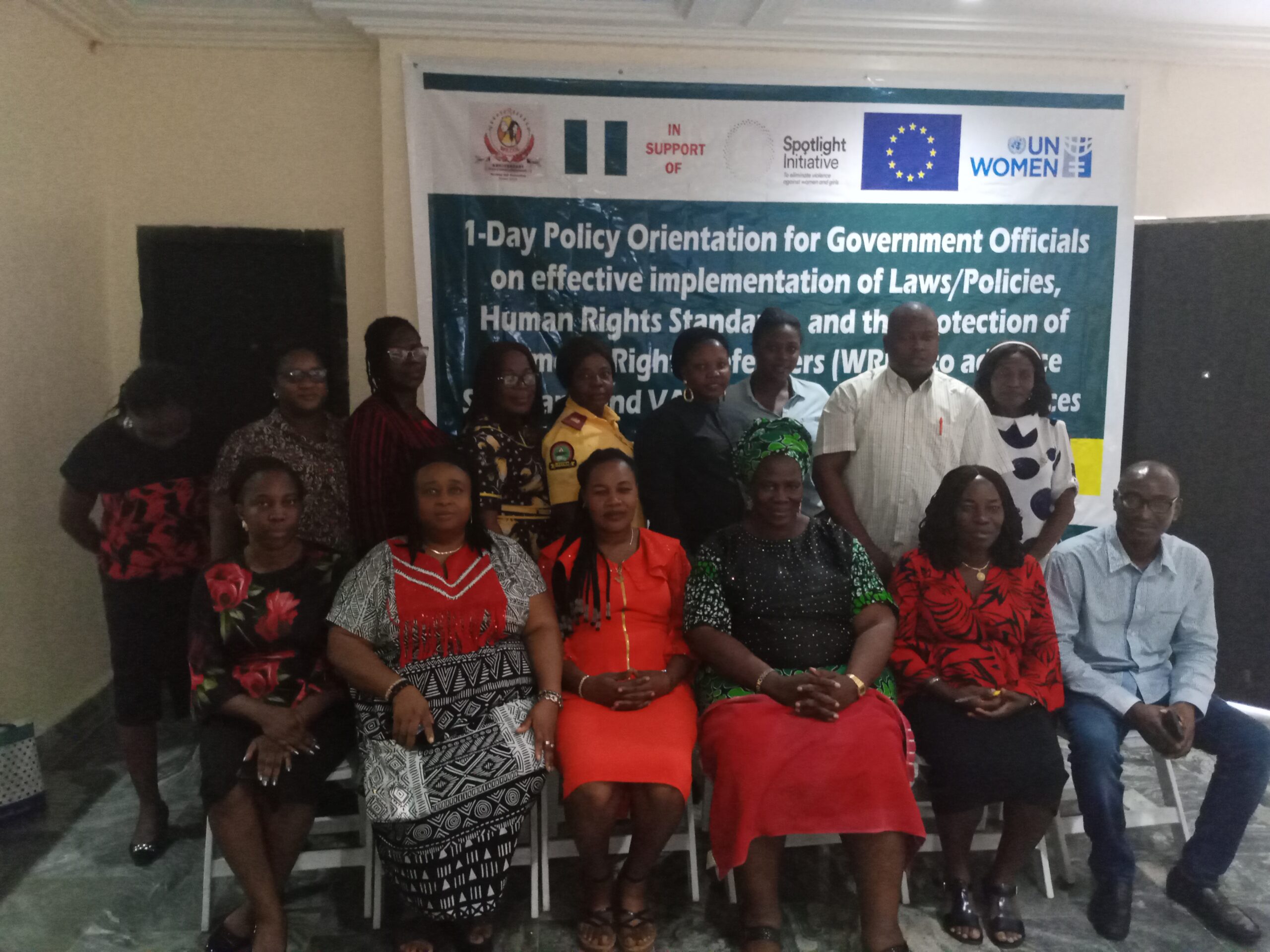



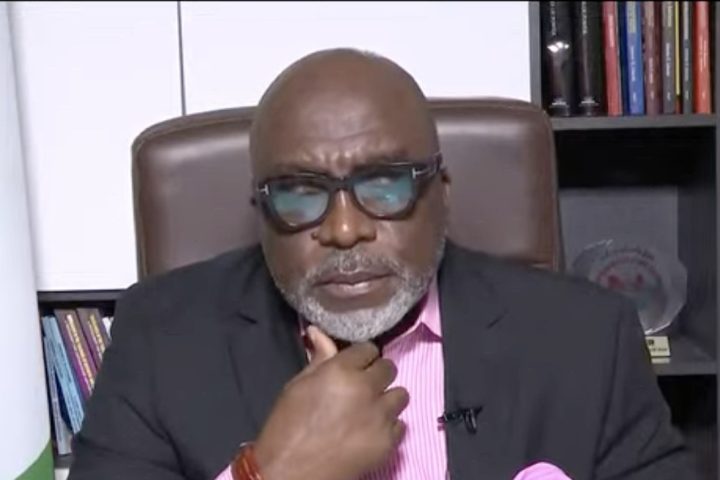
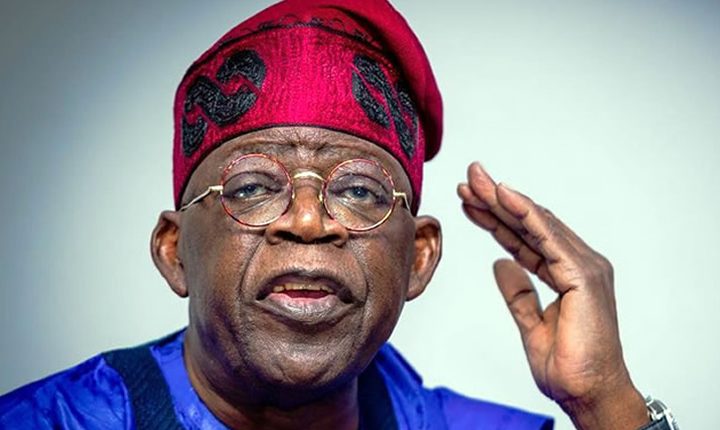






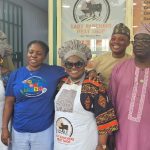
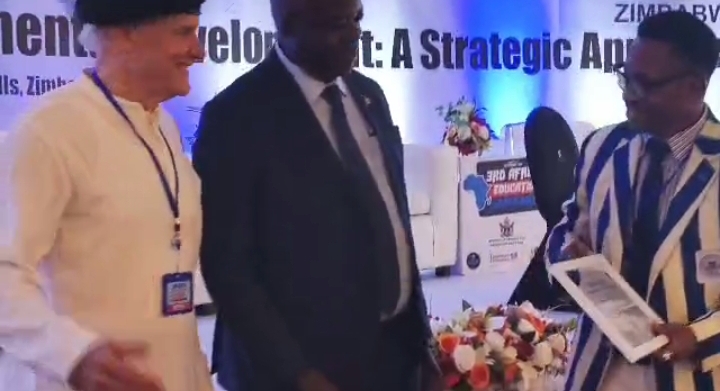

Follow Us